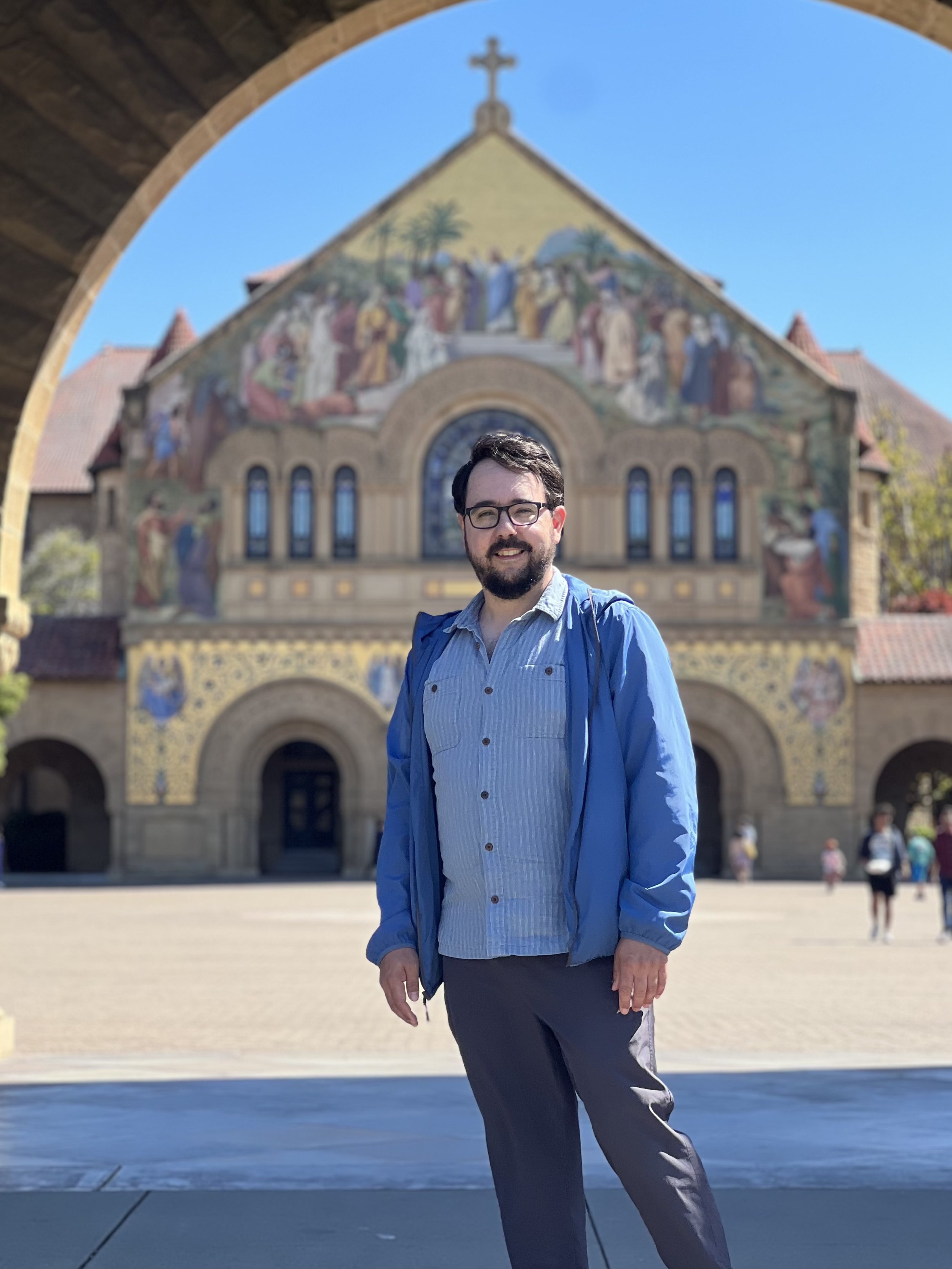Interview with Christian Gonzalez by Swornima Bhandari
Introducing our tutor and professor, Christian Gonzalez, as they engage in an insightful interview with Swornima Bhandari.
1. Could you share a bit about your background and what led you to your current field or profession? Where and why did you attend college?
Sure, I grew up in eastern Queens, in adjoining households, with my parents, brothers, and grandparents from my mother’s side. Both my parents and grandparents were equally influential in laying down the foundation of my education and shaping my early worldview all the way up to high school.
Towards the end of my junior year in high school, I had two options; take the civil service exam or attend college. I imagined the exam would always be there so I went to college not sure of a purpose except to experience it.
I first attended community college in Nassau County and then transferred to Queens College where I completed a bachelor's degree in Anthropology. Once I got involved on campus with student organizations in lobbying efforts, as well as environmental campaigns, I felt I was on the right path to finding my purpose in effecting positive change in the world. It was at that time that I was helping my younger brother with studying for his exams and grew more confident in my ability to connect with people. Some time later I became a private guitar instructor. Eventually, I sought other opportunities in the community and volunteered at my local library as a conversation facilitator for English learners. These experiences and the inspirational people I met along the way led me to where I am today.
2. What was your academic major? How did you get to that decision?
At the beginning of my undergraduate studies, I was interested in pursuing degrees in both humanities and science. However, I decided on Anthropology after taking a few elective courses and found them satisfying in the edification of a wider perspective on the diversity of human development.
3. What is your area of specialization?
While I was focused on social and cultural theory, I never felt as completely committed, as I was interested in all of the subdisciplines of anthropology. To some degree, I graduated college feeling like a dilettante.
After some time in the “real” world, away from campus, I attended the Center for Worker Education of City College to obtain a master’s degree in liberal arts. In that pursuit of interdisciplinary studies, I became more focused on writing on a range of topics from pop culture and politics to gated communities and boundaries in social science.
4. Who were your favorite and least liked professors?
Professors, like any other group, run the gamut of personalities and styles. I appreciated them all for their variety of approaches, but my favorites were the more eccentric ones. Of course, there is still a place in my memory for the more rigorous professors and I am grateful for them as well.
5. What other academic disciplines pique your interest? Why?
I’ve always had an interest in natural sciences such as geography and astronomy. More recently, I developed a curiosity for economics and history as it relates to insights into social inequalities.
6. Can you tell me about any of your hobbies?
It may sound odd, but I consider walking my number one hobby. Whether it be walking down the street, across a city, or over a mountain, walking is a perfectly paced exercise to take in my surroundings and reflect on the purpose of it all. I also play the guitar and piano and like to spend time in the garden.
7. If you could make students read one book before they graduate, what would it be and why?
There is no single book that will appeal to everyone though I have found that reading any of the classics will provide a view into the past and tell you something about the present. The important thing in college is to read with a critical eye and sharpen your analytical skills to get a deeper understanding. These are the fundamental skills that we want to instill in our students.
8. As an undergraduate, what recommendations do you have for students?
Experience as much as you can in your life. I always encourage students to try new things. Be curious, but skeptical. Become a lifelong learner and get the rest you need.
9. What is the greatest advantageous possibility that Saint Joseph's University has to offer undergraduate students?
St. Joseph’s University’s greatest advantage is one of scale and location. Being a smaller school with a close community means that we offer strong, attentive support. At the same time, our students have access to the endless possibilities of encounters and opportunities in a big city.
10. What is the most difficult aspect of your job as a tutor?
The most difficult aspect of being a tutor is trying to help and understand the needs of a student who is not motivated and it is not clear why. Maybe it is something at home. Maybe they work too many hours. Maybe they fell in love. Patience is key.
